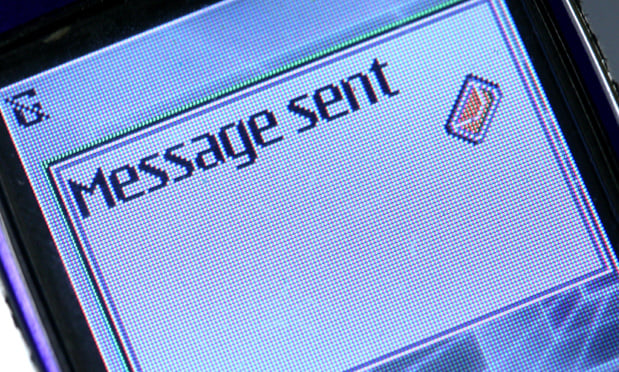Emails are the focus of the vast majority of cases involving sanctions for failing to preserve electronically stored information or ESI. Yet text and instant messages represent important sources of potentially relevant and admissible evidence that both sides must assess at the onset of a claim or litigation—or even earlier. Both the federal and New Jersey civil procedure discovery rules are crafted to encompass all forms of ESI, including text and instant messages. But how broad is the duty to preserve text messages or instant messages on employee smartphones once the duty to preserve has been triggered? While it ultimately may depend on a number of factors, failing to preserve text and instant messages is sanctionable. With the rapid proliferation of bring-your-own-device (or BYOD) in the workplace, taking proactive measures before the duty to preserve is triggered and affirmative steps after will reduce or eliminate concerns of spoliation or sanctions.
The New Jersey Court Rules and the Federal Rules of Civil Procedure permit the discovery of relevant ESI. Although text and instant messages are not identified specifically in the rules, the drafters of the 2006 amendments to the federal rules recognized that all forms of stored ESI are discoverable. See Fed. R. Civ. P. 34(a) Advisory Committee’s Note (2006) (“Rule 34(a)(1) is intended to be broad enough to cover all current types of computer-based information, and flexible enough to encompass future changes and developments. References elsewhere in the rules to ‘electronically stored information’ should be understood to invoke this expansive approach.”). Although email is the primary method of communication in the workplace, there is little doubt that the use of text and instant messaging for substantive work-related communication is now commonplace and continues to rise. So, must every text and instant message be preserved?
This content has been archived. It is available through our partners, LexisNexis® and Bloomberg Law.
To view this content, please continue to their sites.
Not a Lexis Subscriber?
Subscribe Now
Not a Bloomberg Law Subscriber?
Subscribe Now
LexisNexis® and Bloomberg Law are third party online distributors of the broad collection of current and archived versions of ALM's legal news publications. LexisNexis® and Bloomberg Law customers are able to access and use ALM's content, including content from the National Law Journal, The American Lawyer, Legaltech News, The New York Law Journal, and Corporate Counsel, as well as other sources of legal information.
For questions call 1-877-256-2472 or contact us at [email protected]



